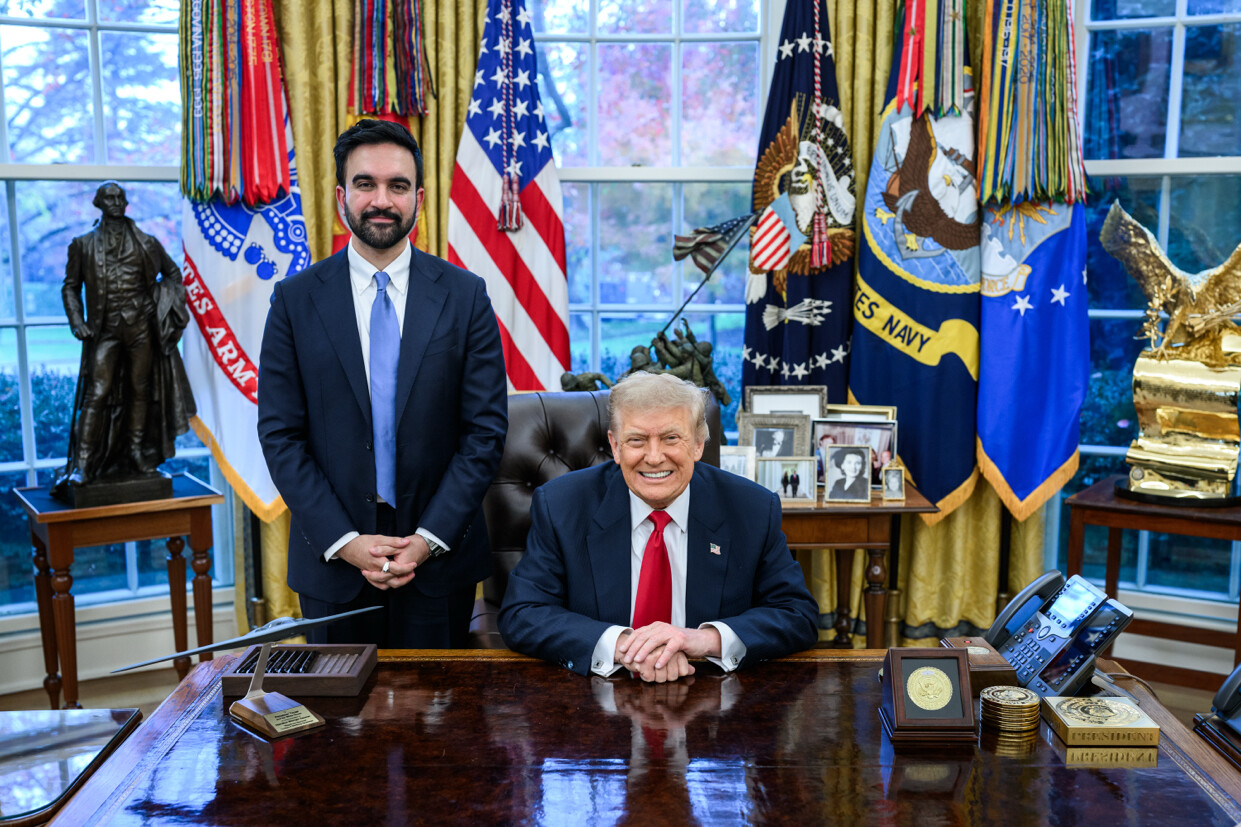
U.S. President Donald Trump and New York City Mayor-elect Zohran Mamdani pose for a photo in the Oval Office. Photo courtesy of Truth Social.
U.S. President Donald Trump met New York City Mayor-elect Zohran Mamdani on Nov. 21 in Washington, D.C.
The meeting between the ideologically divergent politicians was highly anticipated. The two held a press conference in the Oval Office following the meeting.
“We agree on a lot more than I would have thought,” said Trump. “I think he’s — I want him to do a great job, and we’ll help him do a great job,” he said in reference to Mamdani managing New York City.
Mamdani said, “I appreciated the meeting with the president and, as he said, it was a productive meeting focused on a place of shared admiration and love, which is New York City.”
UAA political science major Aaron Rayhbuck commented on the Trump-Mamdani meeting.
“Once you set aside the rhetoric and look at the political incentives, the meeting makes more sense,” said Rayhbuck.
“Trump, at heart, is a New Yorker who admires success,” he said. “Mamdani has become a political star almost overnight, and Trump tends to gravitate toward people he sees as 'winners,' regardless of ideology.”
“For Mamdani, the calculus seems just as pragmatic,” said Rayhbuck. “New York City needs federal support for major priorities, and some of his signature ideas would require resources and executive cooperation that he cannot marshal alone.”
Rayhbuck said Mamdani understands the strategic value of maintaining a working relationship with Trump, and that Mamdani views it more as refusal to make an unnecessary enemy than an ideological compromise.
“I do not see this moment as two politicians testing the limits of their principles so much as a demonstration of transactional politics at work.” said Rayhbuck “For me, that is actually a hopeful sign.”
Rayhbuck said the situation shows how political leaders can denounce each other’s agendas in public, yet still recognize the practical necessity of working together to govern a city or a country.